IALT Core Faculty
Researchers from a variety of backgrounds bring a wide range of knowledge, needed to address tomorrow’s challenges.

Pavlo (Pasha) Antonenko, Ph.D.
Director, Institute for Advanced Learning Technologies, Director, Neuroscience Applications for Learning (NeurAL) Lab, and Professor, College of Education
Pavlo “Pasha” Antonenko, Ph.D. is a Professor of Educational Technology and Director of the Neuroscience for Learning Applications (NeurAL) Lab in the School of Teaching and Learning. Pasha and his students study how individual differences in attention and cognition mediate learning in a variety of technology-supported learning environments. They employ multimodal analytics tools such as eye tracking, EEG, fNIRS, server logs, and self-reports to examine the mechanisms underlying learning with both emerging and well-established but under-studied technologies.
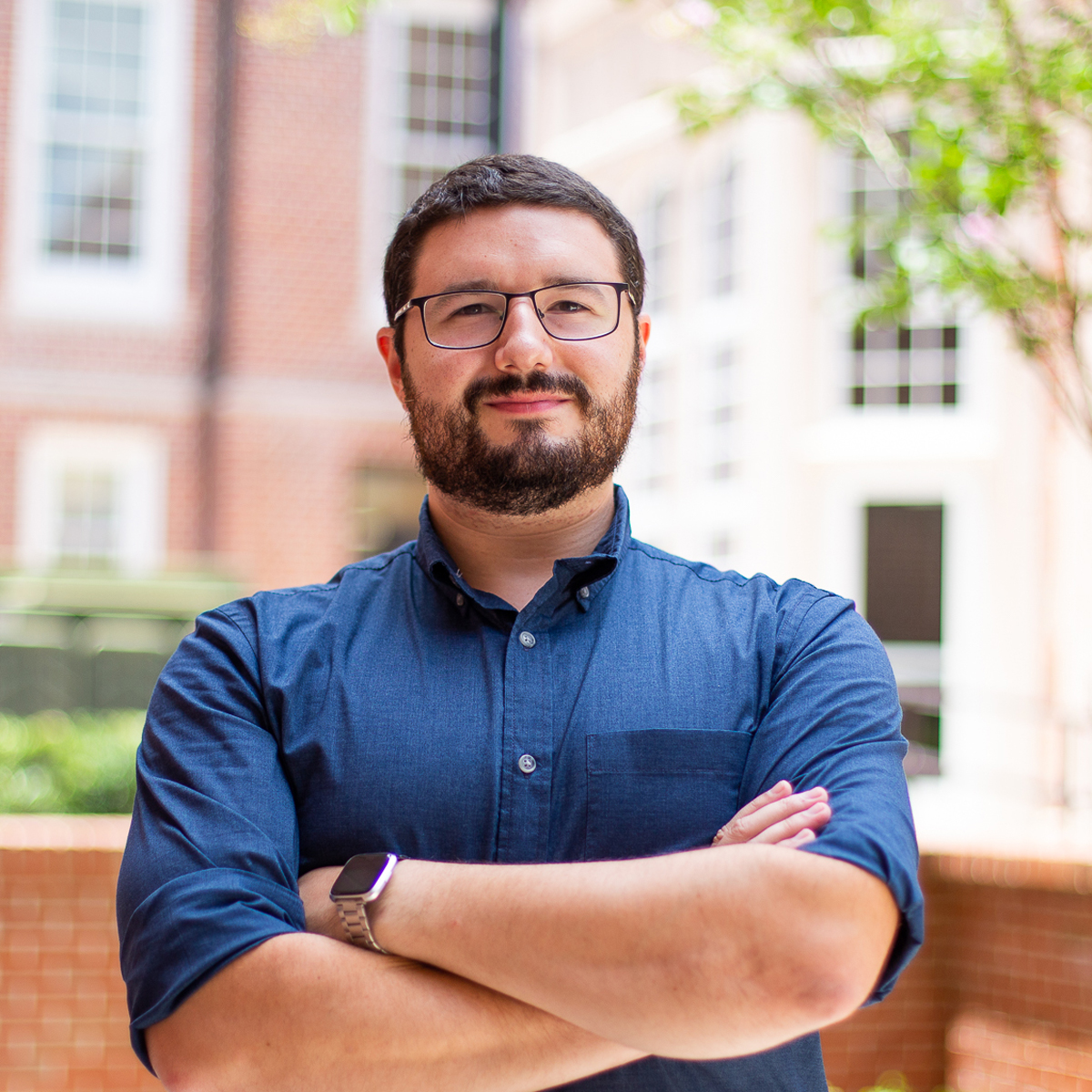
Anthony F. Botelho, Ph.D.
Assistant Professor, College of Education
Anthony Botelho, Ph.D. is an expert in developing and deploying technology to study student learning across educational contexts. His research combines theory, methodologies, and application across fields including education, cognitive psychology, artificial intelligence, and computer science. He has leveraged quantitative methodologies including learning analytics, machine learning, and natural language processing to study constructs of learning in online and classroom settings.
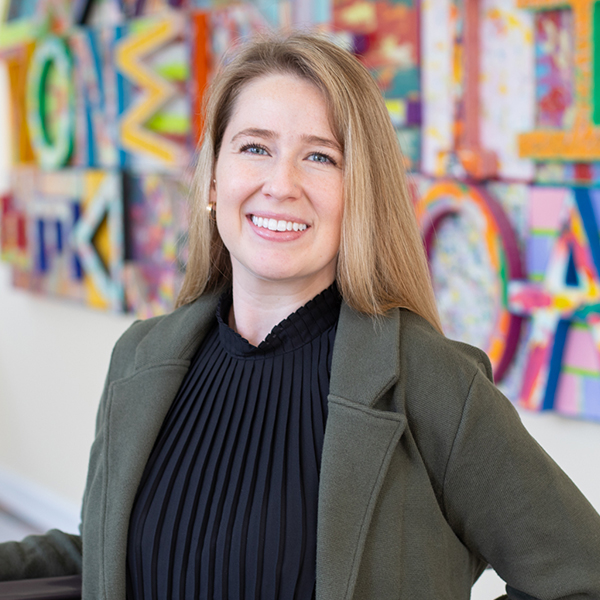
Avery Harrison Closser, Ph.D.
Assistant Professor
Avery Harrison Closser, Ph.D., is an Assistant Professor in Emerging Technologies and Learning in the School of Teaching and Learning. Her research intersects educational technology, learning sciences, and cognitive psychology in pursuit of leveraging the inherently embodied nature of learning to improve instructional content in educational technologies. Dr. Closser specializes in experimental testing and is particularly interested in advancing practices that lead towards more open and rigorous research.
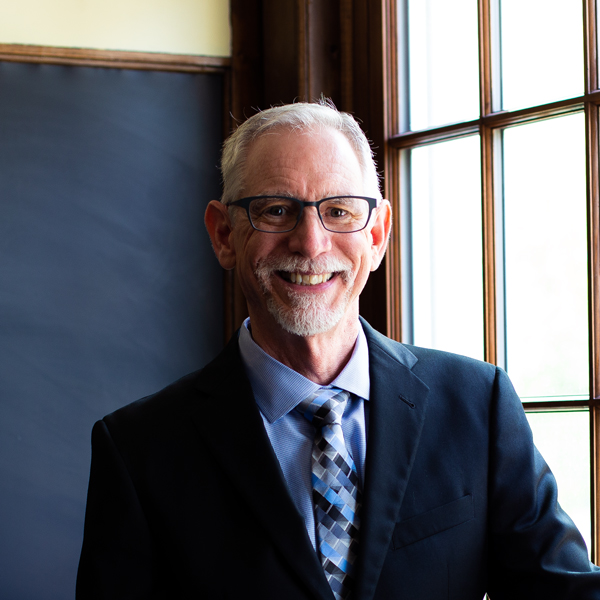
Thomas (Tom) Dana, Ph.D.
Professor, Founder & Senior Advisor, Institute for Advanced Learning Technologies
Tom Dana, Ph.D. is a Founder and Senior Advisor of the Institute for Advanced Learning Technologies and a Professor of Education at the College of Education at the University of Florida. Prior to joining the dean’s office in 2008, he held the post of director (chair) of the School of Teaching and Learning for five years. He led the college’s effort in creating models and support systems to launch and grow distance learning programs.
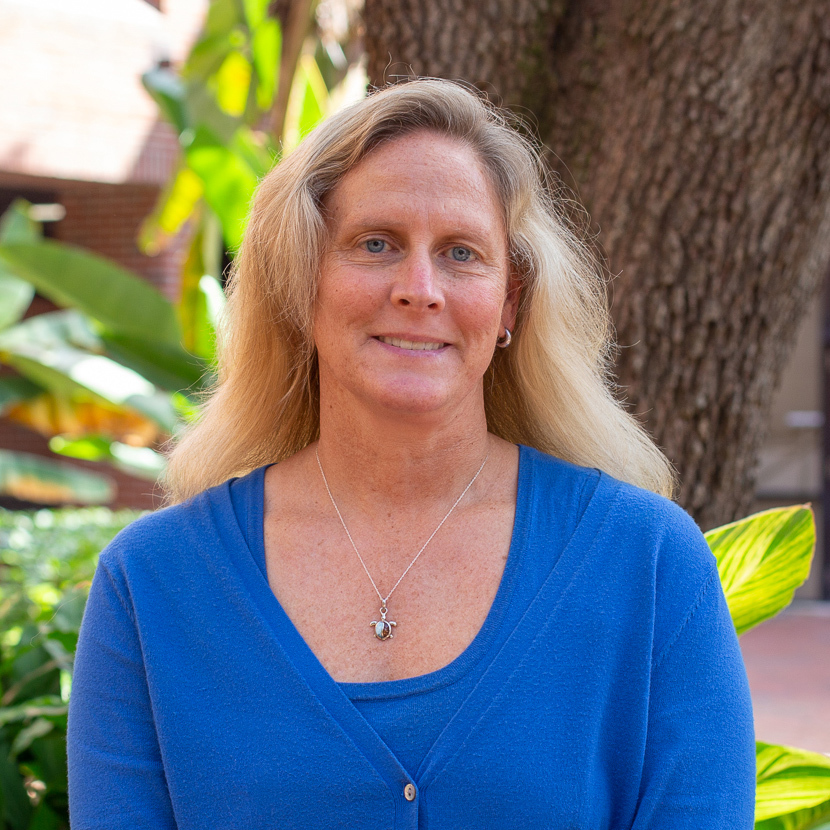
Kara Dawson, Ph.D.
Professor, College of Education
Kara Dawson, Ph.D. is a Professor of Educational Technology in the School of Teaching and Learning at the University of Florida. Her scholarship focuses on the ways educational technologies influence teaching and learning within the contexts of K-12 education and online post-secondary environments. She has published over 100 articles in various journals and has also secured over 3 million dollars in external funding.

Daryn A. Dever Ph.D.
Assistant Professor
Daryn A. Dever, Ph.D., is a postdoctoral researcher at the University of Central Florida’s School of Modeling, Simulation, & Training. Specializing in the Learning Sciences, Dr. Dever’s research explores self-regulated learning within game-based environments and intelligent tutoring systems. With a robust publication record in leading journals and multiple contributions to high-profile conferences, Dr. Dever’s work leverages multimodal data to enhance educational technologies. Her recent projects include investigating pedagogical agents’ scaffolding and capturing self-regulated learning processes in virtual reality, demonstrating a profound commitment to advancing educational methodologies through innovative research.
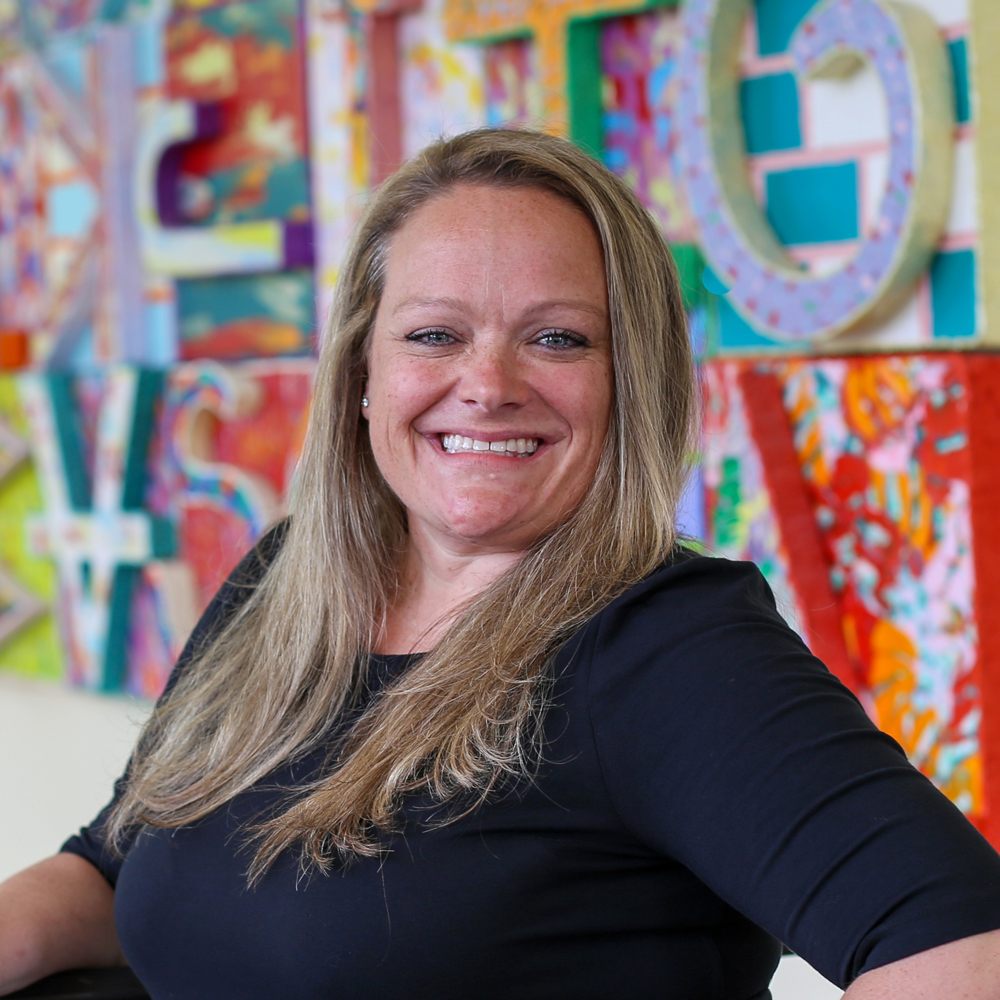
A. Corinne Huggins-Manley, Ph.D.
Assistant Professor, College of Education
Dr. A. Corinne Huggins-Manley’s research is focused on educational measurement, particularly with respect to issues of validity and fairness. She has published research on developments in fairness as a lack of statistical bias (e.g., differential item functioning; population invariance of equating) as well as on broader issues of measurement and construct validity. She is the Principal Investigator and Co-Principal Investigator on two large measurement grants from the Institute of Education Sciences.
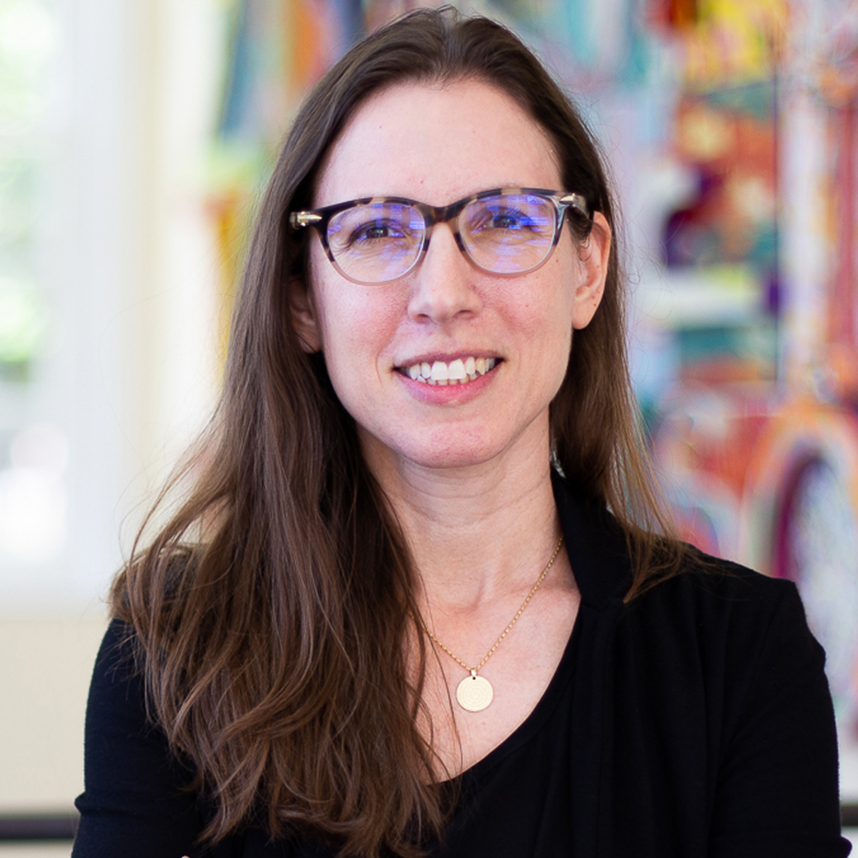
Maya Israel, Ph.D.
Associate Professor, College of Education
Maya Israel, Ph.D. is an associate professor of Educational Technology in the School of Teaching and Learning at the University of Florida. She is also the research director at the Creative Technology Research Lab. Dr. Israel’s research focuses on strategies for supporting students with disabilities and other struggling learners’ meaningful engagement in STEM with emphases on computational thinking, computer science education, and Universal Design for Learning.
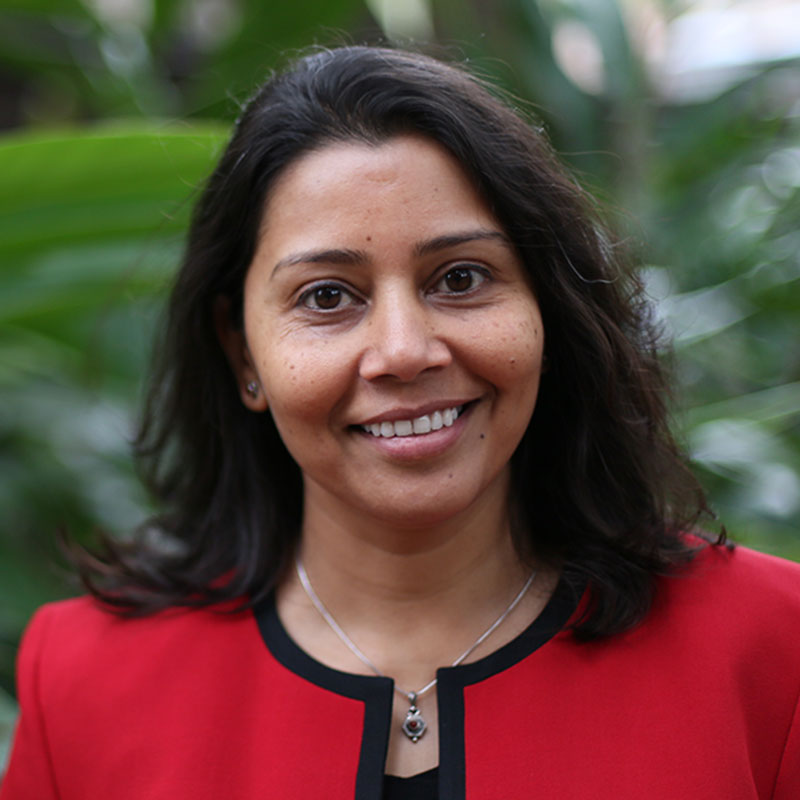
Swapna Kumar, Ed.D.
Clinical Professor, College of Education
Swapna Kumar, Ed.D. is a clinical associate professor in the School of Teaching and Learning at the University of Florida. Her research focuses on the integration of technology for teaching and learning in higher education. Her research interests include the design, implementation, facilitation and quality of online professional programs; online mentoring; and open online education.
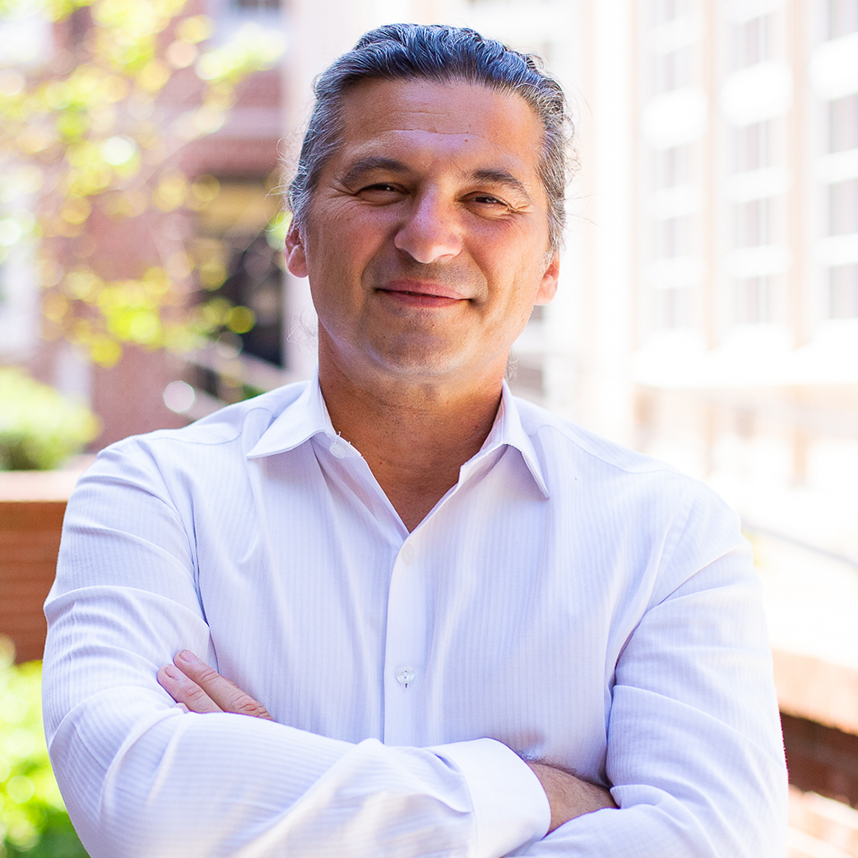
Bojan Lazarevic, Ph.D.
Clinical Associate Professor, College of Education
Bojan Lazarevic, Ph.D. has an educational background in instructional technology with an emphasis on online learning, media development and emerging technologies. Currently, he is a principal researcher for the following two projects: a) VR Across Disciplines and b) Facilitating Community of Inquiry through Screencasting and Video Announcements. The project VR Across Disciplines is focused on identifying effective teaching practices in using VR devices and immersive media in areas such as medicine, natural sciences, mathematics, business, language learning, sociology, art, marketing and education.
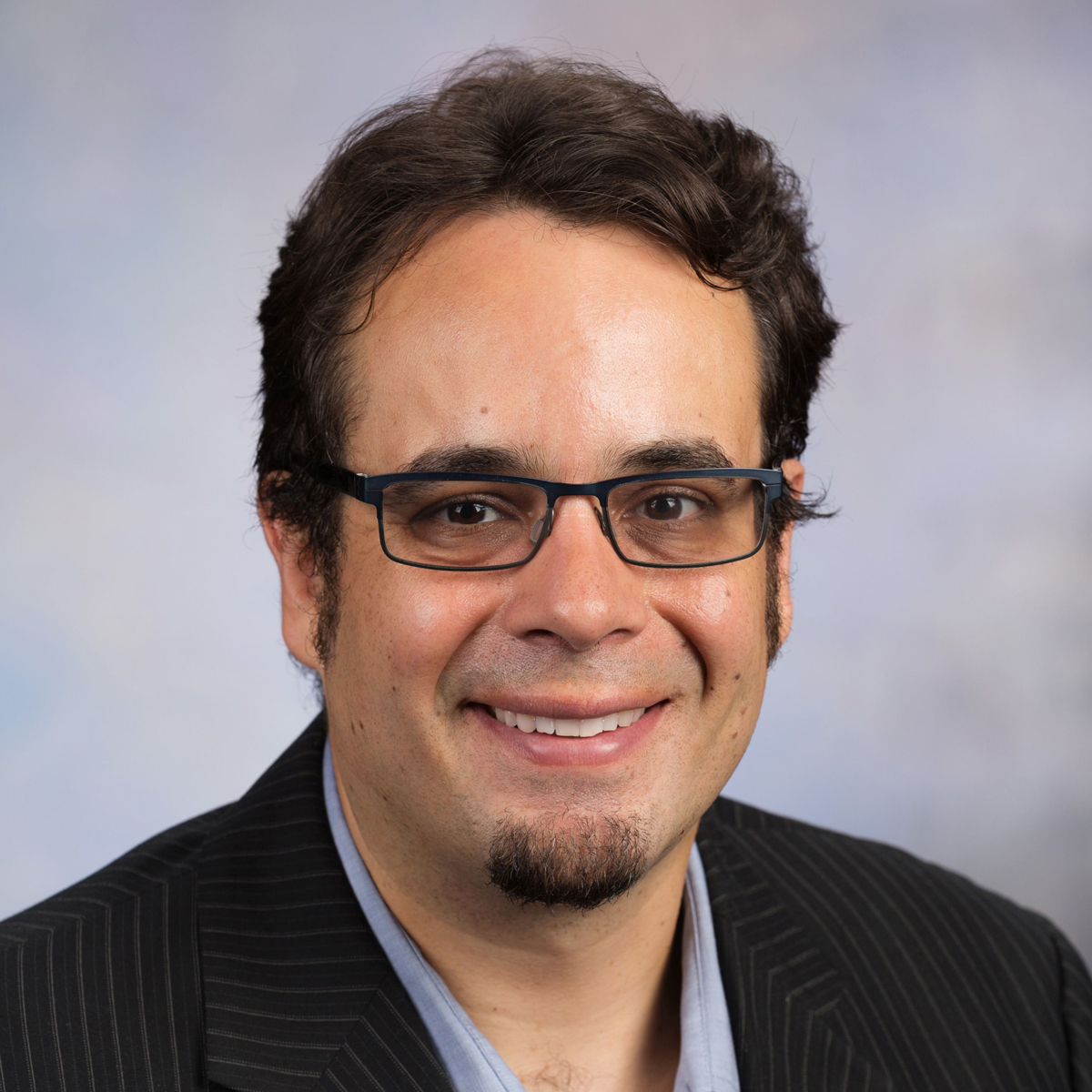
Walter Leite, Ph.D.
Professor, College of Education
Walter Leite, Ph.D. is a Professor of Research and Evaluation Methodology. His research explores methods to evaluate the effects of student and teacher use of virtual learning environments. He specializes in applying structural equation modeling, multilevel modeling, propensity score methods, and machine learning tools to estimate direct, indirect and moderated effects of virtual learning environments.
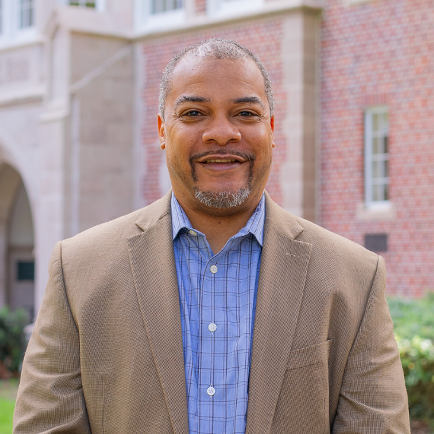
Rob Moore, Ph.D.
Assistant Professor, College of Education
Rob Moore, Ph.D., is an Assistant Professor of Educational Technology at the University of Florida and the director of the Investigating Digital Ecologies to Advance Transformative Education (IDEATE) Research Lab. His research examines how processes and structures within digital ecologies, especially massive open online courses (MOOCs) and digital microcredentials, impact learner outcomes. Using learning analytics, systems thinking, and machine learning, Dr. Moore explores patterns in learner behavior to inform learning design and improve student outcomes in digital environments.
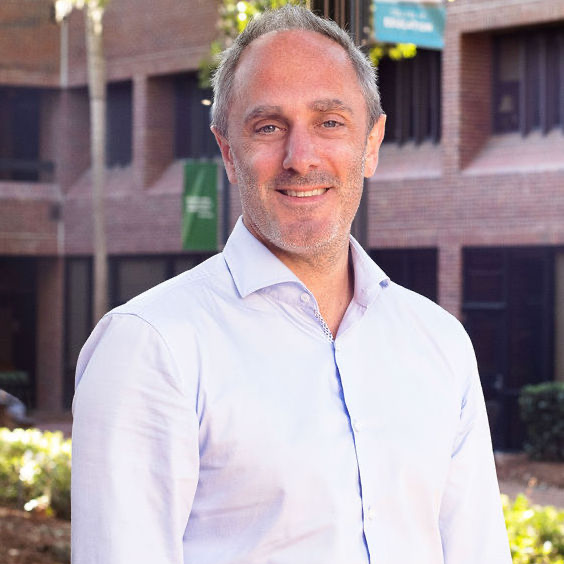
Nigel Newbutt, Ph.D.
Assistant Professor, College of Education
Nigel Newbutt, Ph.D. is an Assistant Professor of Educational Technology. His research focuses on developing technologies with autistic, and underserved groups. Dr. Newbutt’s current focus is examining and developing the role that VR HMDs can play in supporting young people with autism in their daily lives; informed through their input. He is also interested in developing a range of innovative technologies that can help to enable people with neurodiversity.
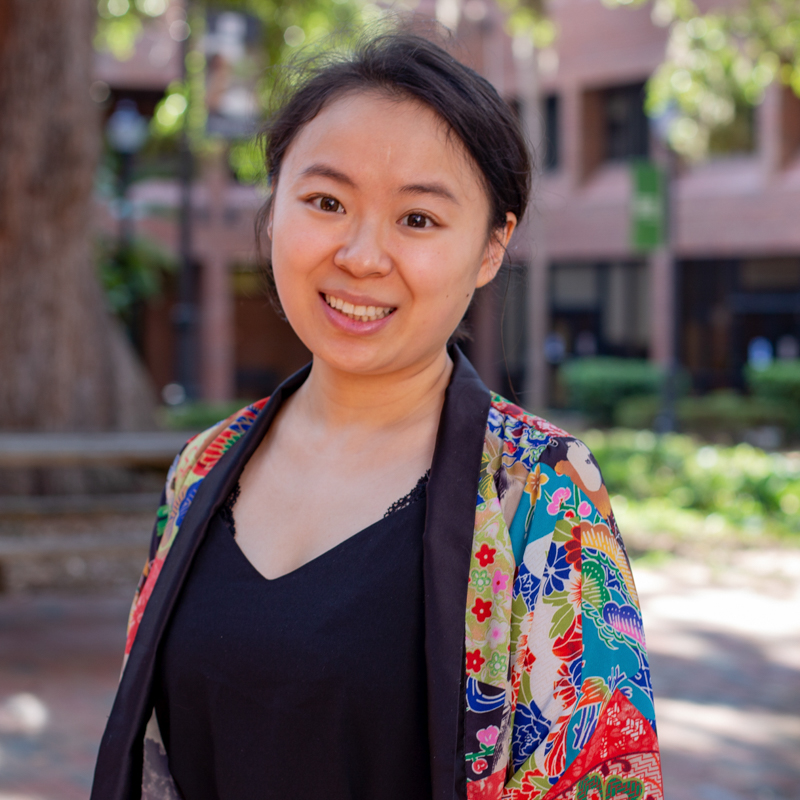
Yiqin Pan, Ph.D.
Assistant Professor, College of Education
Yiqin Pan, Ph.D., is an Assistant Professor of Research and Evaluation Methodology at the University of Florida. Dr. Pan has leveraged quantitative methodologies including artificial intelligence, statistical modeling, and psychometrics to address applied issues in educational measurement and optimize the learning process. She specializes in utilizing state-of-the-art machine learning tools to develop anomaly detection algorithms aimed at enhancing test security, as well as recommendation systems designed to improve personalized learning.
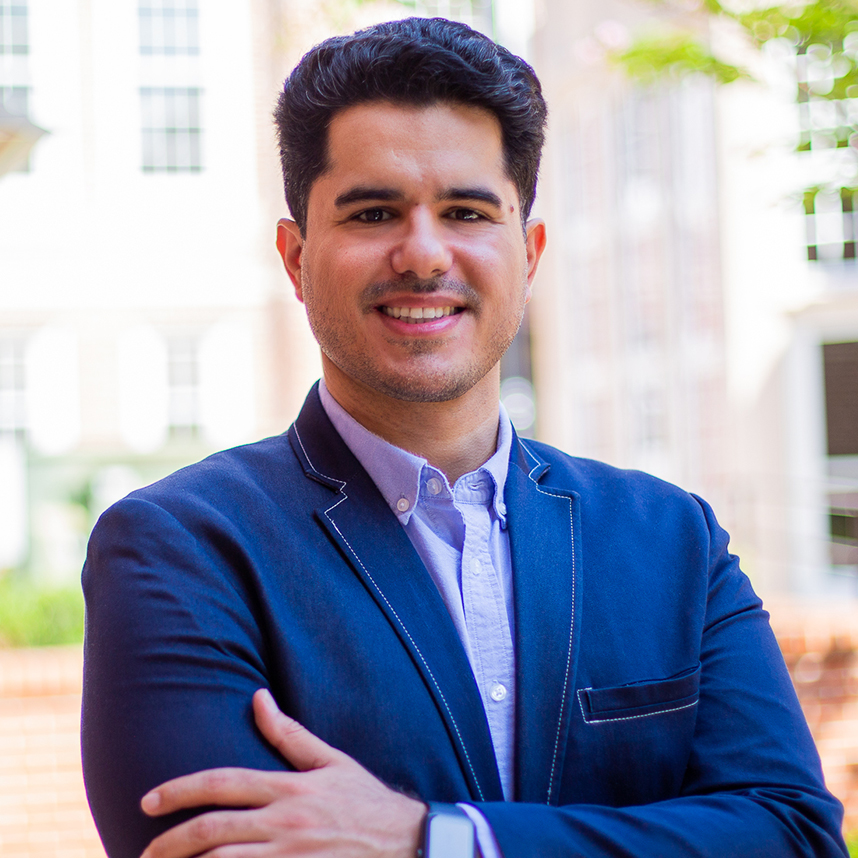
Seyedahmad Rahimi, Ph.D.
Assistant Professor, College of Education
Seyedahmad Rahimi, Ph.D., is an assistant professor of Educational Technology in the School of Teaching and Learning at the University of Florida. Dr. Rahimi’s research focuses on assessing and fostering students’ 21st-century skills and STEM-related knowledge acquisition. Toward that end, Dr. Rahimi designs, develops, and evaluates immersive learning environments (e.g., educational games) equipped with stealth assessment and educational data mining and learning analytics models.
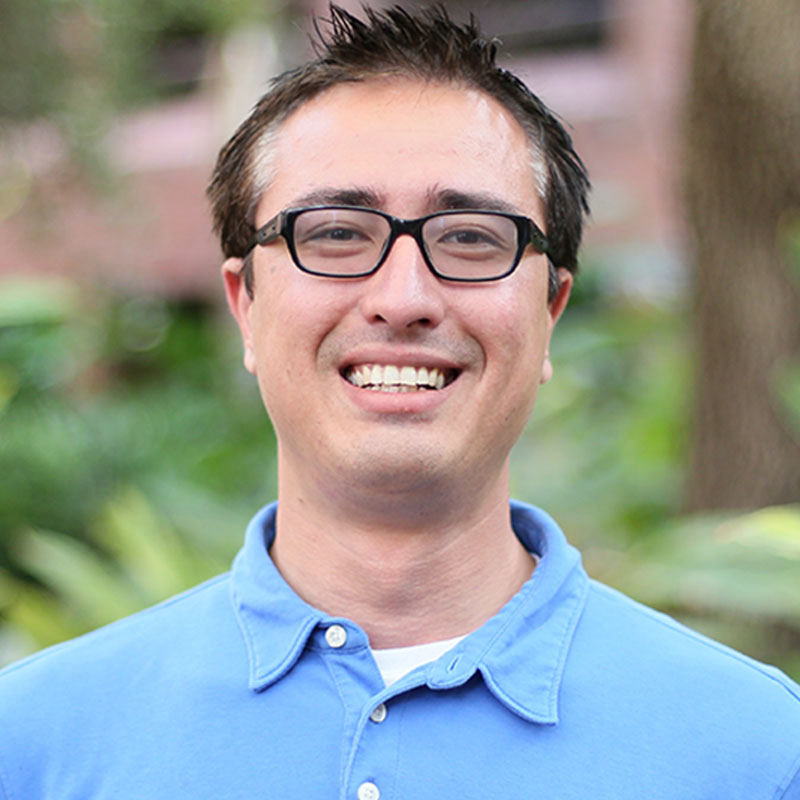
Albert Ritzhaupt, Ph.D.
Associate Professor, College of Education
Albert Ritzhaupt, Ph.D. is an Associate Professor of Educational Technology and Computer Science Education, and the Associate Director for Graduate Studies in the School of Teaching and Learning at the University of Florida. His primary research areas focus on the design, development, utilization, and evaluation of theory-inspired, technology-enhanced learning environments; teaching practices and instructional strategies; operationalizing and measuring technology integration in education; and the professional competencies of individuals in the field of educational technology.
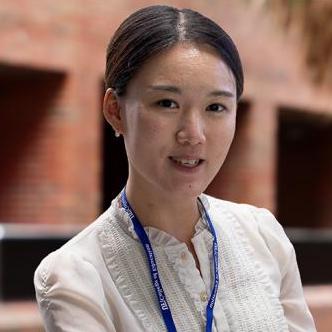
Jinnie Shin, Ph.D.
Assistant Professor, College of Education
Jinnie Shin, Ph.D., is an Assistant Professor of Research and Evaluation Methodology in the School of Human Development and Organizational Studies in Education within the College of Education at the University of Florida. She has expertise in application of theory-based natural language processing and learning analytics in education research. In her work, she has focused on investigating how to bridge the gap between psychometric analysis and artificial intelligence in education research.
